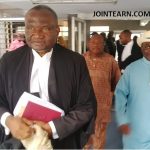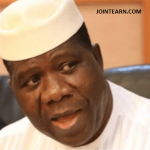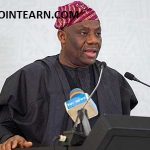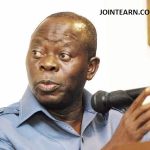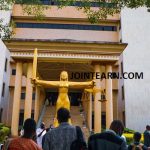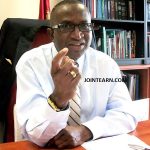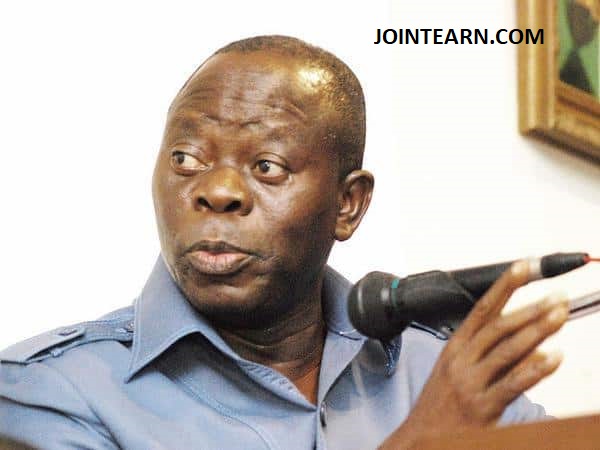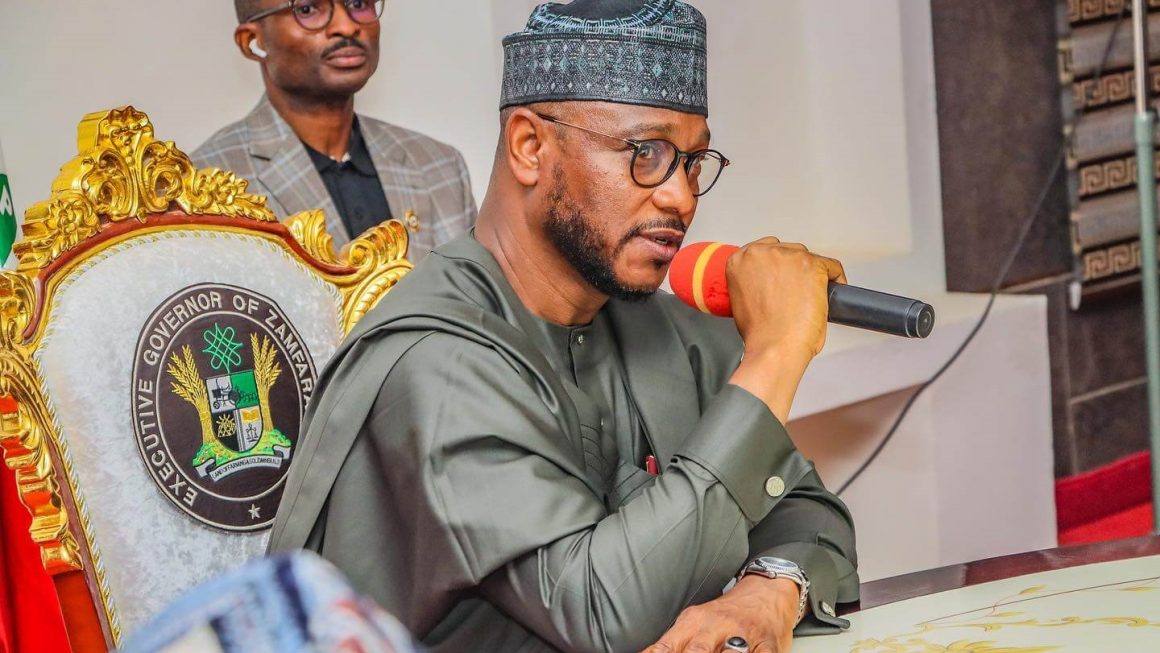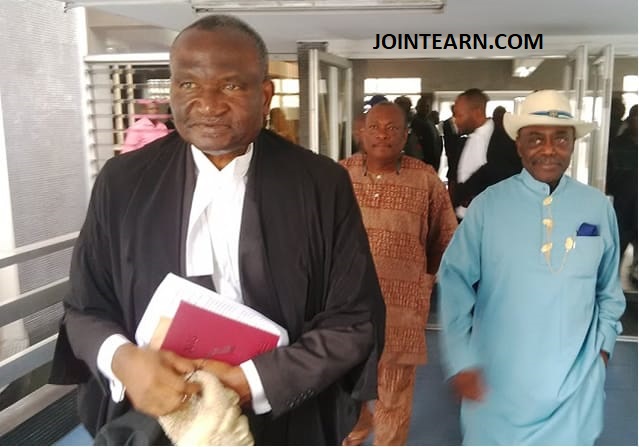Former National Chairman of the All Progressives Congress (APC) and current Senator representing Edo North, Adams Oshiomhole, has expressed confidence that Nigeria’s economic trajectory is on a recovery path under the administration of President Bola Ahmed Tinubu. Oshiomhole, in a recent statement, assured Nigerians that the most difficult phase of the economic hardship brought about by necessary reforms is now behind them.
Speaking during an interaction with journalists and stakeholders, Oshiomhole stated that although the country has experienced considerable socio-economic pain since President Tinubu assumed office in May 2023, the policy reforms introduced were unavoidable to prevent a total collapse of the economy inherited by the current administration. According to him, the Tinubu-led government has laid the foundation for a more stable, productive, and inclusive economy.
Harsh But Necessary Reforms
Oshiomhole emphasized that many of the economic challenges faced by Nigerians in the past year — including the steep rise in fuel prices, currency depreciation, inflation, and job losses — were the result of structural issues left unaddressed for many years. He argued that the removal of fuel subsidies and the unification of the foreign exchange rates were critical steps toward eliminating systemic leakages and rebuilding investor confidence.
“These reforms are not painless, and no one is pretending that they are,” Oshiomhole said. “But they were absolutely necessary. We were heading toward a financial abyss, and bold leadership was required to arrest the situation. Now, I can say with confidence that the worst is over.”
The Senator pointed out that President Tinubu inherited an economy on the brink, weighed down by heavy debt, dwindling revenues, and a bloated subsidy regime that was draining national resources. “We were borrowing to fund recurrent expenditures and feeding a corrupt subsidy system. It was unsustainable,” he noted.
Signs of Recovery
According to Oshiomhole, there are already signs that the economy is beginning to respond to the reforms. He highlighted the recent stabilization of the naira, a slight easing of inflationary pressure, and a resurgence of investor interest as positive indicators.
He mentioned that various international economic organizations have taken note of Nigeria’s reform agenda and expressed renewed optimism about the country’s future. “The IMF, World Bank, and international rating agencies have all acknowledged the steps taken by this administration and revised their outlook on Nigeria accordingly,” he said.
Oshiomhole added that President Tinubu’s administration has also prioritized fiscal discipline and is working to block revenue leakages while increasing non-oil revenues. He cited the revival of the mining and agricultural sectors as examples of government efforts to diversify the economy and reduce dependency on oil exports.
Focus on Welfare and Inclusivity
Addressing concerns about the social impact of the reforms, particularly on vulnerable populations, Oshiomhole assured that the Tinubu administration has initiated measures to cushion the effects of the economic adjustments. He referenced the government’s cash transfer program, the planned reintroduction of a transportation subsidy, and renewed efforts to boost food production through agricultural support schemes.
“The President is deeply aware of the pain our people have felt. That is why targeted palliatives are being rolled out to help the most affected segments of the population,” he said.
He also stressed that infrastructural development and job creation are key priorities of the administration’s recovery plan. “Massive investments in road networks, railways, and power supply are underway, which will open up economic opportunities and stimulate local economies,” he stated.
Call for Patience and Unity
Oshiomhole appealed to Nigerians to remain patient and supportive of the government’s efforts, urging citizens not to lose hope. He acknowledged that the road to full recovery is long and challenging, but maintained that with sustained reforms, improved governance, and public cooperation, Nigeria can emerge stronger.
“This is not the time to despair. This is the time to show resilience and unity. The journey to economic transformation is never easy, but we have a leader who is determined to do what is right, not what is easy,” he declared.
He further urged political actors and civil society groups to rise above partisan interests and work with the federal government to address national challenges. “We need all hands on deck. This is not about APC or PDP, it is about Nigeria. The economic revival of our country is a collective responsibility,” he said.
Conclusion
Senator Oshiomhole’s remarks come at a time when many Nigerians are grappling with the daily realities of economic hardship. However, his optimistic outlook seeks to restore confidence and encourage citizens to trust the reform agenda of the Tinubu administration. While many remain cautiously hopeful, the next few months will be critical in determining whether the government’s policies will translate into tangible relief for millions of Nigerians.
In the meantime, the administration continues to push its economic roadmap, promising that more comprehensive support programs, job creation strategies, and infrastructure initiatives will follow to complement the foundational reforms already in place. With continued public engagement and accountability, the government hopes to chart a new course for Nigeria’s future — one driven by productivity, inclusion, and resilience.


